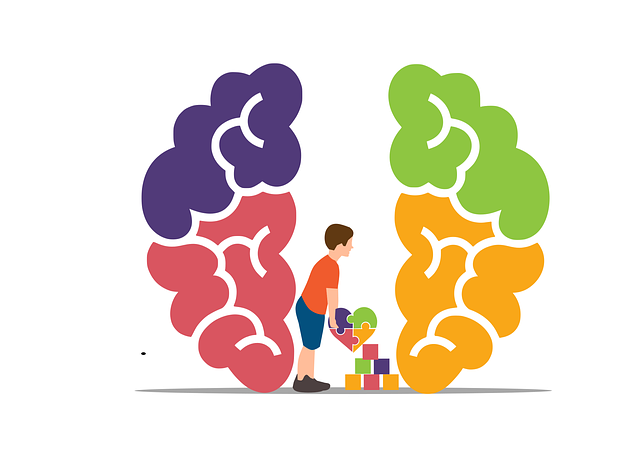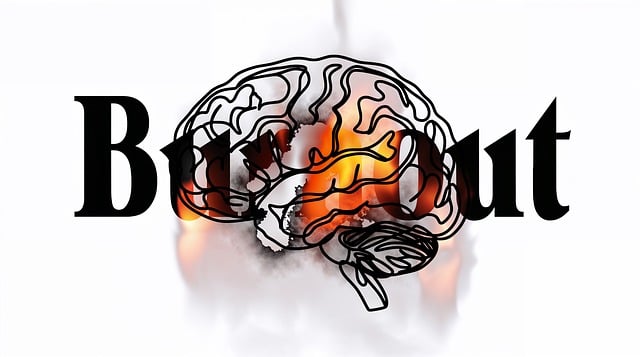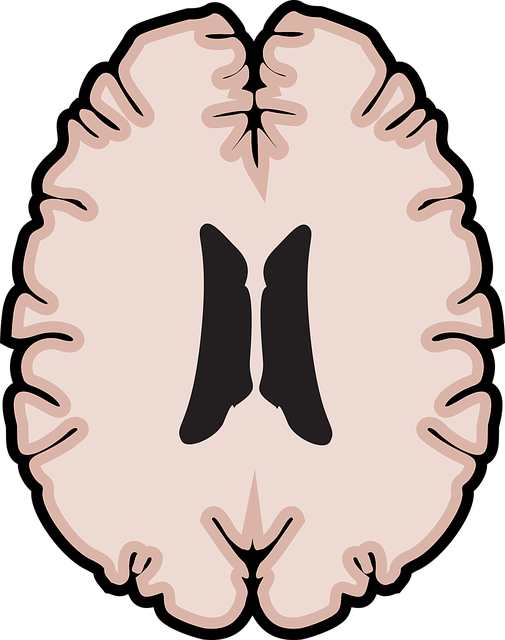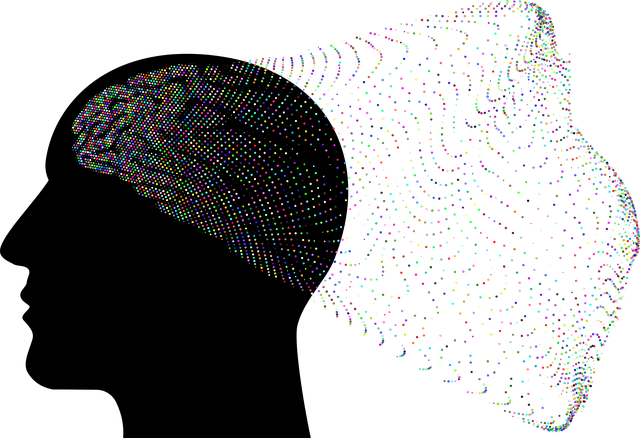Understanding mental health is key to developing effective self-assessment tools that promote well-being, including emotional, psychological, and social factors. Tools like Golden Depression Therapy (GDT) assessments empower individuals to take charge by providing insights into emotional states, thought patterns, and behaviors, facilitating early intervention and stress management. A comprehensive assessment captures various facets of mental health, integrates GDT symptoms, and considers comorbidities, leading to tailored treatment plans. Technology integration in digital platforms and mobile apps enhances engagement, provides personalized feedback, and offers timely interventions based on assessment results, combining advanced algorithms with evidence-based therapeutic concepts for improved mental wellness.
Mental wellness self-assessment tools play a crucial role in promoting individual well-being, especially in managing conditions like Golden Depression Therapy. This article delves into the development of such tools, exploring key components for comprehensive assessments and the importance of validity and reliability. We discuss integrating technology to enhance user experiences, ensuring personalized feedback that empowers individuals on their journey towards mental health recovery. By understanding these elements, we can create effective self-assessment tools that make a tangible impact.
- Understanding Mental Health and Self-Assessment: Setting the Stage for Effective Tools Development
- Identifying Key Components: What Makes a Comprehensive Mental Wellness Self-Assessment?
- Creating Valid and Reliable Measures: Ensuring Quality in Golden Depression Therapy Assessments
- Integrating Technology and Personalized Feedback: Revolutionizing Self-Assessment Experiences
Understanding Mental Health and Self-Assessment: Setting the Stage for Effective Tools Development

Understanding mental health is a foundational step in developing effective self-assessment tools. Mental wellness encompasses a range of emotional, psychological, and social well-being factors that affect how individuals think, feel, and act. It’s about more than just the absence of a mental illness; it includes the ability to cope with stress, maintain healthy relationships, and find meaning and purpose in life.
Self-assessment tools play a crucial role in promoting mental wellness by enabling individuals to gain valuable insights into their emotional states, thought patterns, and behaviors. By setting the stage for Golden Depression Therapy or other evidence-based practices, these tools can facilitate early intervention, prevent escalation of symptoms, and empower people to take charge of their mental health. Incorporating aspects of Stress Management and Self-Awareness Exercises within these assessments can further enhance their effectiveness, providing users with actionable strategies for navigating life’s challenges and cultivating resilience.
Identifying Key Components: What Makes a Comprehensive Mental Wellness Self-Assessment?

A comprehensive mental wellness self-assessment tool must meticulously capture various facets of an individual’s psychological state and overall well-being. Key components include assessing emotional health, cognitive functions, behavioral patterns, and social connections. By incorporating questions that delve into positive thinking, resilience, coping mechanisms, and stress management strategies, such tools can effectively gauge the presence or risk of mental health conditions, including Golden Depression Therapy-related symptoms.
Beyond individual reflection, a robust self-assessment should facilitate conversations around risk management planning for mental health professionals. It should also promote awareness about available support systems and encourage users to explore Mental Wellness Coaching Programs Development as a proactive step towards enhancing and maintaining mental wellness. This holistic approach ensures that individuals not only identify potential issues but also gain insights into resources and strategies to foster positive change.
Creating Valid and Reliable Measures: Ensuring Quality in Golden Depression Therapy Assessments

Developing valid and reliable self-assessment tools is paramount when it comes to Golden Depression Therapy (GDT). These measures need to accurately capture an individual’s mental wellness state, enabling effective treatment planning. The process involves rigorous psychometric testing to ensure the assessments are free from bias and consistently yield meaningful data.
Creating robust GDT assessment tools requires a comprehensive understanding of the disorder’s symptoms and their interplay. Researchers should employ validated scales, interviews, and questionnaires to assess depression severity, associated anxiety, and other comorbidities. Additionally, integrating Stress Reduction Methods and incorporating them into the assessment can provide valuable insights into an individual’s coping mechanisms. A thorough Risk Assessment for Mental Health Professionals is also essential, considering potential risks during therapy and developing appropriate Risk Management Planning for Mental Health Professionals.
Integrating Technology and Personalized Feedback: Revolutionizing Self-Assessment Experiences

In today’s digital era, integrating technology into mental wellness self-assessment tools has revolutionized the way individuals engage with their emotional well-being. Online platforms and mobile applications can provide personalized feedback, tailored to each user’s unique needs and experiences, offering a more engaging and effective assessment process. These tools often incorporate advanced algorithms that analyze responses and identify patterns, enabling a deeper understanding of one’s mental state. By leveraging technology, users can access timely and relevant insights, fostering self-awareness and empowering them to take charge of their emotional health.
For instance, these innovative platforms might employ artificial intelligence (AI) to deliver targeted interventions based on the assessment results. This could involve suggesting specific exercises or practices aligned with Mind Over Matter principles to enhance self-esteem improvement and emotional intelligence. By combining cutting-edge technology with evidence-based therapeutic concepts like those found in Golden Depression Therapy, individuals can benefit from a comprehensive and personalized journey towards better mental wellness.
The development of robust mental wellness self-assessment tools, especially those tailored for conditions like Golden Depression Therapy, is a multifaceted process. By understanding the nuances of mental health, identifying comprehensive components, and leveraging technology for personalized feedback, we can enhance assessment accuracy and user experiences. This article has explored these key aspects, offering insights into how to create effective tools that not only diagnose but also support individuals in their journey towards improved mental wellness.














